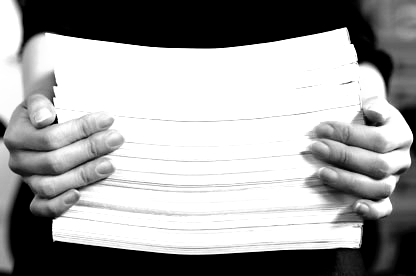Draft says all players should roll money into roads
 The Productivity Commission say Australian governments need a new system for selecting and funding public infrastructure projects, and that taxpayers should be prepared to contribute.
The Productivity Commission say Australian governments need a new system for selecting and funding public infrastructure projects, and that taxpayers should be prepared to contribute.
The Commission has put up a draft report into new ways of getting private money into major infrastructure projects, but says that does not mean public money will go elsewhere.
“Well-designed user charges should be used to the fullest extent that can be justified,” the draft paper says.
“However, governments will have to at least partly fund some infrastructure projects and address equity issues.”
The Commission says that while sovereign debt or higher taxes could be funnelled into infrastructure, that does not seem to be the way things are heading. It says a more viable option would be for Commonwealth and states and territories to find ways of directly charging road users for infrastructure.
Other suggestions include scrapping industry participation plans and tightened industrial relations guidelines to force better practice across industries.
The Commission believes its recommendations would save $1 billion each year if they were put in place.
The report does not hold back in its criticism of the current process for finding and initiating public infrastructure spends, pointing to the National Broadband Network’s tender process as a prime example of why things need to change.
“The draft report makes clear that the system left by Labor is broken and desperately needing of reform,” Federal Assistant Infrastructure Minister Jamie Briggs has told the ABC.
“We've got $36 billion allocated over the forward estimates to improve Australia's infrastructure, to ensure we're as productive as we can be, to ensure our economy is stronger than what it is today.
“We want to get best value for that money, that's why we commissioned this report in the first place,” Mr Briggs said.
The Productivity Commission is now calling for new submissions based on its draft report.







 Print
Print